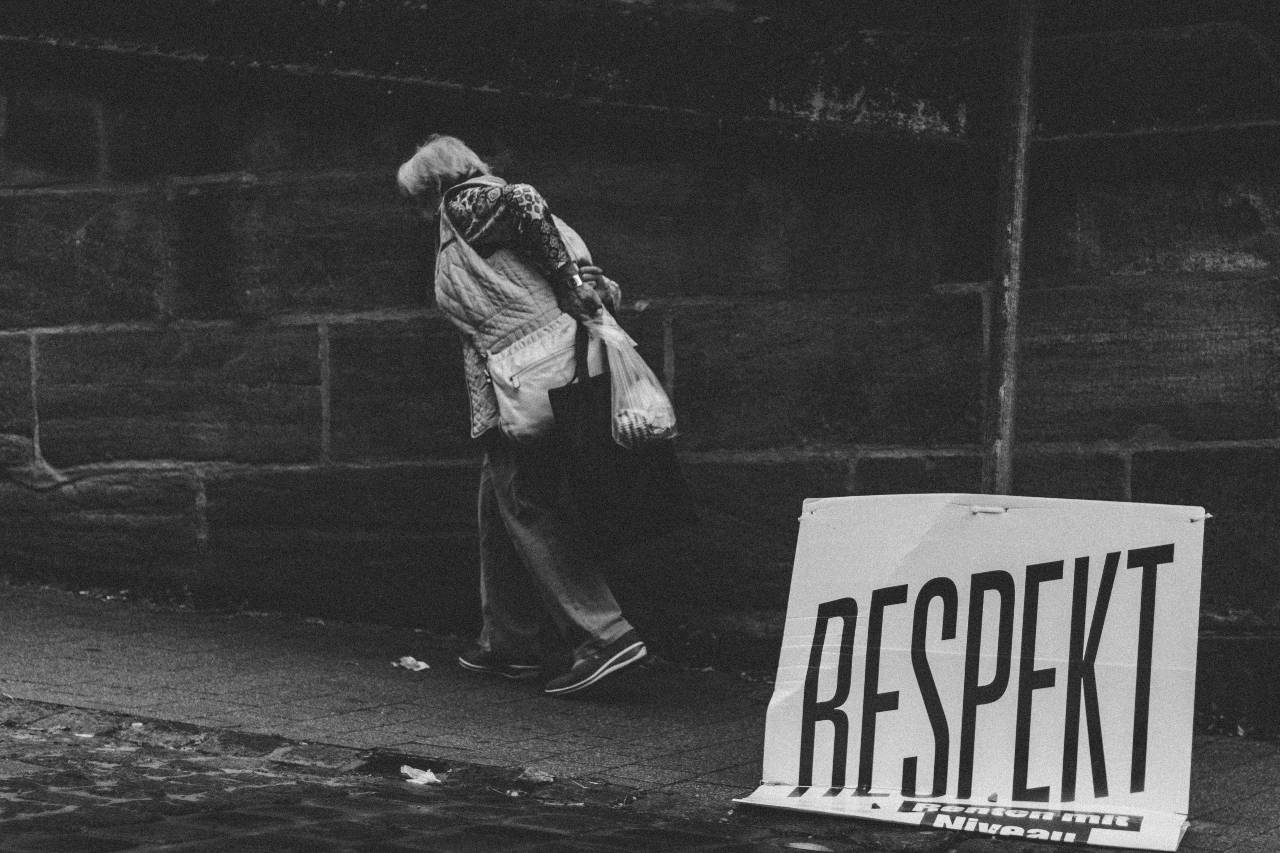For most of human history, extreme poverty is a death sentence. This isn’t rhetorical, it’s real. In many parts of the world today, being without any money or support will mean you have, at best, a week to live.
This understanding undergirds Jesus’s feeding ministry, when he feeds the multitudes, not because he thinks they’re getting hangry or will leave the movement. But that they are on the brink of death.
It is also at the root of his language in prayer and parable of receiving our daily bread or a daily wage—for we are to be saved daily by God from certain death. And by our neighbors through their generosity.
Let us not undersell how challenging this is. One of the most difficult parables for modern western audiences remains the parable of the laborers in the vineyard from Matthew 20:1-16. There, Jesus keeps bringing in more and more workers he keeps finding in the city center. Then, at the end of the day, the landowner pays them all the same.
This parable is difficult because we don’t want the pay to be the same—we’ve bought into a meritocratic way of seeing the world. But Jesus’s focus is on the idea that life merits living—and all must get enough to live on.
This parable also critics the system as the landowner questions why he is even able to find workers. And rather than assume it is because they are lazy, he questions why employers are so greedy as to not hire people.
This is the thing accepting poverty as normal.
Any vision which demonizes the poor is sin. This includes those who make poverty essential for the modern economic system. This is a vision so cruel and unconscionable our scripture likens it to murder.
The command is to feed the hungry, not check to see who really needs it. Because the correct answer is that we all need it.
